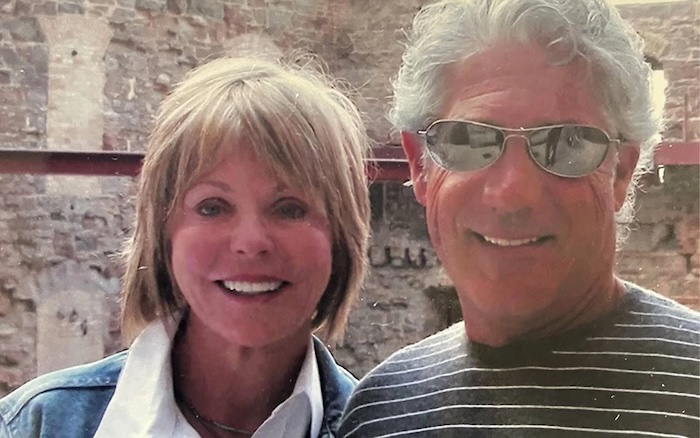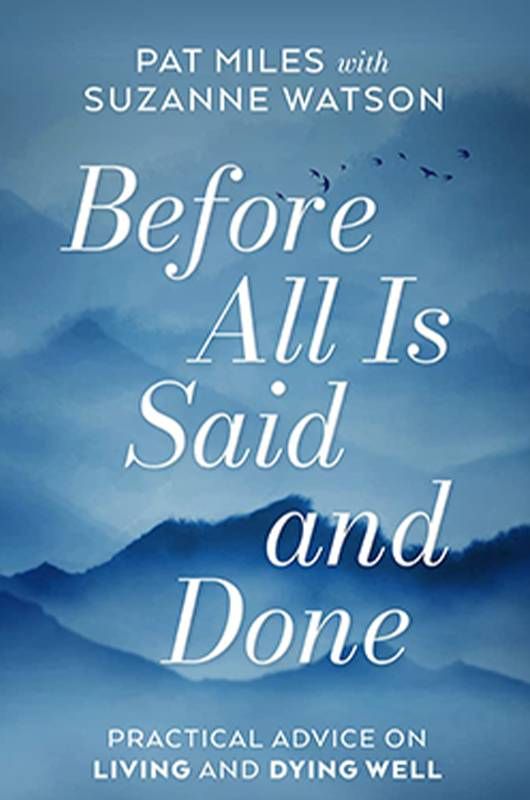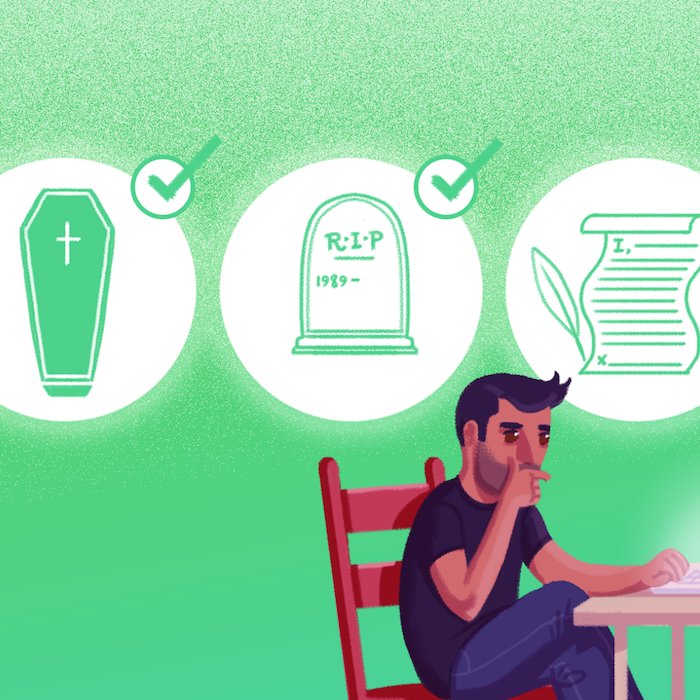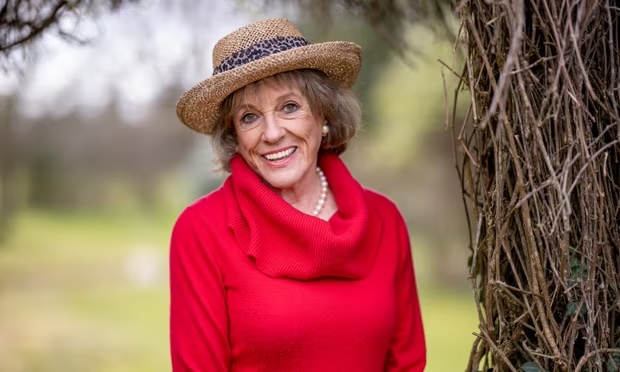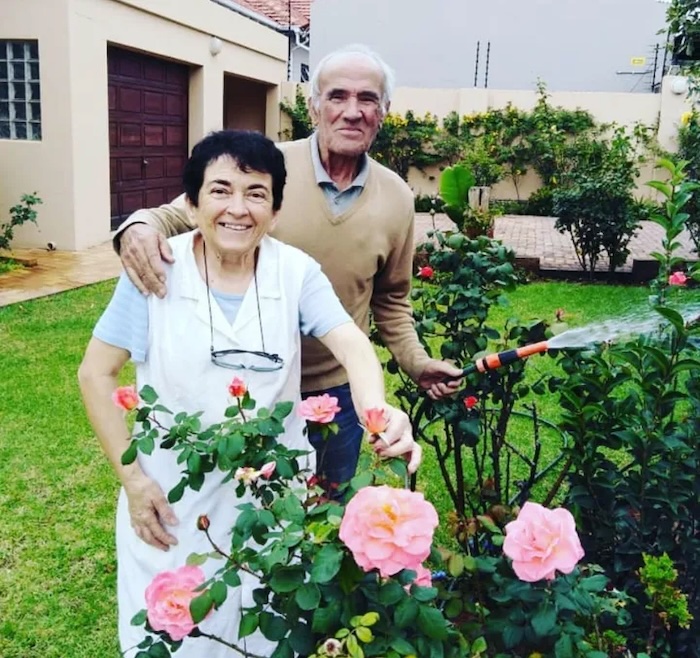— End-of-life doulas are compassionate and knowledgeable guides who can walk with you through death and grief.

We’re all going to die, and before that, we will probably navigate the deaths of several people we love along the way.
Too dark? Discomfort with the idea of death may be the reason that people rarely talk about it, plan for it, or teach each other how to cope with it.
“Many people in our society are death phobic and do not want to talk about it,” said Marady Duran, a social worker, doula, and educator with the International End-of-Life Doula Association. “Being an end-of-life doula has been so much more than just my bedside experiences. I am able to talk with friends, family, and strangers about death and what scares them or what plans they have. Being a doula is also about educating our communities that there are many options for how end-of-life decisions can be made.”
When you or a loved one inevitably faces death, there can be an overwhelming feeling of What do I do now? What do I do with these feelings… and all this paperwork? End-of-life doulas (also called death doulas or death coaches) are compassionate and knowledgeable guides who can walk with you through death and grief.
The experience of supporting a childhood friend through her death at the age of 27 motivated Ashley Johnson, president of the National End-of-life Doula Alliance, to commit herself to this role.
“Walking alongside her during her journey, I recognized the tremendous need for education, service, and companionship for individuals and their families facing end-of-life challenges,” Johnson said. “The passing of my dear friend only solidified my commitment to this path. I saw it as my calling to extend the same level of care and support to others who were navigating the complexities of end-of-life experiences. I firmly believe that every individual deserves the dignity of a well-supported end-of-life journey, and that starts with demystifying the process, reducing fear, and helping families achieve the proper closure they need to heal.”
What to expect from a death doula
The services provided by an end-of-life doula are actually pretty varied and flexible. Much like birth doulas, they do not provide any medical care. These are some of the services Johnson said she provides in her work:
- Advance health care planning. This might include a living will, setting up durable power of attorney for health care, and advance directive decisions. “We help individuals and their families navigate the complex process of advance healthcare planning, ensuring their wishes and choices are respected and documented,” Johnson said.
- Practical training for family caregivers. End-of-life doulas can teach caretakers and family members how to physically care for their loved ones as they near death.
- Companionship to patients. “We provide emotional support and companionship to patients, helping to ease their feelings of isolation and anxiety,” Johnson said.
- Relief for family caregivers. Caring for a dying family member can be relentless, but caregivers need time to step away and care for themselves too.
- Creating a plan for support at the patient’s time of death. A person nearing the end of their life may be comforted by many things in their environment, from the lighting, music, aromatherapy, and who’s present. A doula can help coordinate all the details.
- Grief support. “Our role extends into the grieving process, offering support to both the dying person’s loved ones and the patient during the end-of-life journey and beyond,” Johnson said.
- Vigil presence for actively dying patients. “We ensure that no one faces the end of life alone by being a comforting and compassionate presence during the active dying process,”Johnson said.
- Help with planning funeral and memorial services. Planning services is a complicated task to tackle while you are likely exhausted with grief. Doulas have been through this process many times and can be a steady hand while you make decisions.
“Our aim as death doulas is to enhance the quality of life and death for all involved,” Johnson said. “We provide a range of non-medical support, fostering an environment where individuals and their loved ones can find comfort, guidance, and a sense of peace during this profound and delicate phase of life.”
When is it time to bring in a doula?
Death doulas can provide comfort and support to both the dying person and their loved ones at any stage of the process. They can step in to help before, during, or after a death.
- At any time, before you even receive a terminal diagnosis, doulas can help you prepare emotionally and practically with planning for end-of-life wishes, advance care planning, and creating a supportive environment.
- During the end-of-life phase, doulas are more present to offer emotional, spiritual and practical support. They may be available weekly or daily, as needed.
- After death, doula services continue for the family of the deceased.
“There really is no timeline for grief,” Duran said. “Some will want to meet one or two times after the death, and some do not want to do grief work at all. It is a personal journey, and some people may take years to do the work.”
Support for an unexpected death
Not all deaths come with an advanced warning or time to prepare and plan. Even in the case of an unexpected death, an end-of-life doula can help you handle practical details and process grief. They can:
- Provide emotional support
- Help you understand the grief process
- Teach you coping strategies
- Help with arrangements, legal, and financial matters
- Help you create meaningful memorial rituals to honor the deceased
- Provide connection and community
- Listen and validate your feelings
- Provide long-term support
“My mentor Ocean Phillips, who is also a doula, always reminds me that ‘grief is another form of love,’” Duran said. “Grief gets a bad rap, and many people do not want to feel grief, but it can be transformative for many who experience it. People who go through an unexpected death of a loved one may feel guilt—‘If only I…I could have…’ The doula can hold space for them and allow them to share that. We can never fix or change, but we can stand with them and provide loving kindness along the way.”
Other professionals to help you navigate a death
Death doulas work in conjunction with many other professionals, including healthcare workers and hospice staff, to help families go through the process of death and all that follows.
“The whole team has a piece in being able to connect with those navigating grief and death. I always recognize that I am just one small part of the larger community that will help support those facing death and loss,” Duran said.
These are a few other professionals you might want to reach out to when facing the death of a loved one:
- Grief counselor
- Social worker
- Chaplain
- Community leaders
- Estate planning lawyer
- Probate lawyer
- Funeral service professional
- Financial planner
- Tax accountant (to help you file on behalf of the deceased and the estate)
- Estate liquidator or clean out-service.
Complete Article ↪HERE↩!

